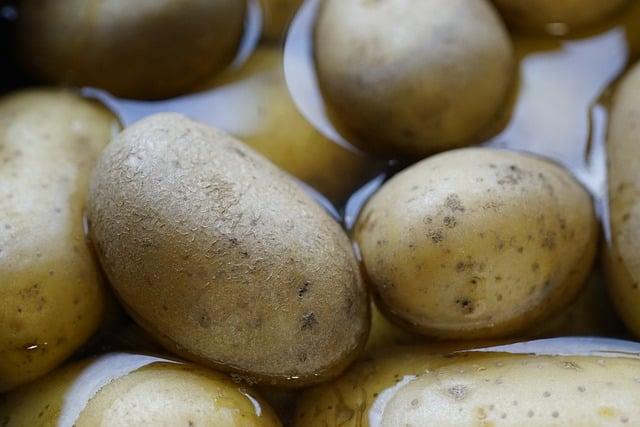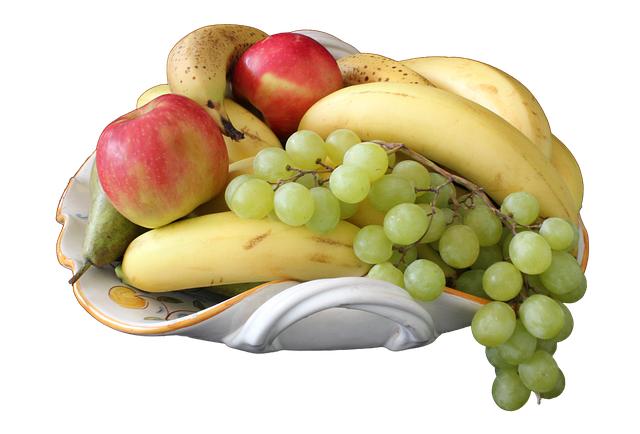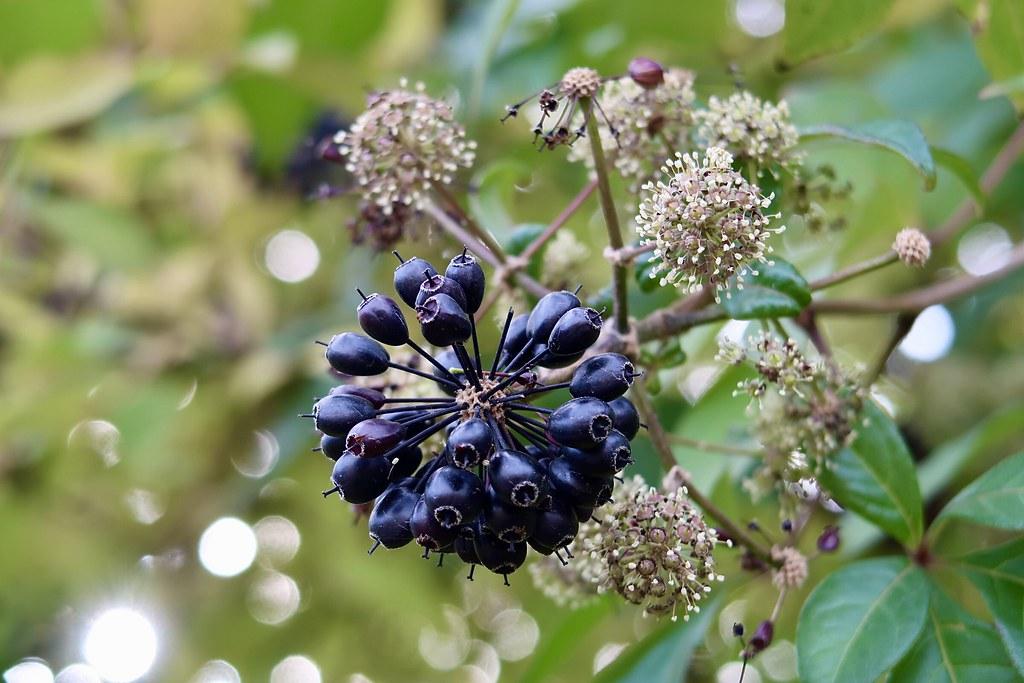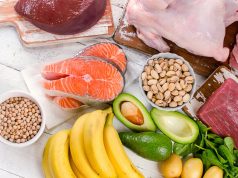Maintaining healthy blood pressure is a crucial aspect of overall well-being, yet it is a concern that touches many lives in today’s fast-paced world. While lifestyle changes and medications are often discussed, an essential, yet sometimes overlooked, nutrient plays a significant role in balancing blood pressure—potassium. This remarkable mineral acts as a quiet but powerful ally in our daily diet, helping to regulate essential bodily functions that keep blood pressure in check. In this article, we will explore the vital role potassium plays in maintaining healthy blood pressure levels, providing guidance and understanding for those seeking to take control of their heart health. Whether you are concerned about your own health or that of a loved one, understanding the benefits of potassium can be a step toward a healthier, more balanced future. Let’s delve into how this indispensable nutrient supports well-being and discover practical ways to incorporate it into your diet with empathy and ease.
Understanding Potassiums Impact on Blood Pressure Regulation
Potassium plays a vital role in ensuring that blood vessels remain relaxed, lowering resistance and promoting easier blood flow. In fact, adequate potassium intake is often associated with a reduced risk of hypertension, a condition that affects countless individuals worldwide. For those managing their blood pressure, incorporating potassium-rich foods can be a significant dietary step.
- Enhances vasodilation, contributing to relaxed blood flow.
- Counteracts harmful effects of sodium, crucial for balanced blood pressure.
- Supports heart and kidney functions, integral in regulating blood pressure levels.
The beneficial impact of potassium on blood pressure can be elucidated through its interplay with sodium. Sodium and potassium function in tandem; while sodium tends to increase blood pressure, potassium helps manage it by encouraging kidneys to expel more salt through urine. Understanding this balance is pivotal for those aiming to keep their blood pressure within healthy limits.
| Source of Potassium | Potassium Content (mg) |
|---|---|
| Bananas | 422 |
| Spinach | 558 |
| Sweet Potatoes | 448 |

Potassium-Rich Foods to Include in Your Diet for Better Heart Health
- Bananas: These well-loved fruits are not only delicious but are also packed with potassium. A single banana contains roughly 422 mg of this essential mineral. Perfect for a quick snack or blended into smoothies.
- Sweet Potatoes: Swap out your regular potatoes for sweet potatoes, which offer a generous 541 mg of potassium in one medium-sized tuber. Enjoy them mashed, roasted, or baked for a heart-healthy addition to your meal.
- Spinach: A versatile leafy green, spinach can be added to salads, smoothies, or sautéed as a side dish. One cooked cup provides close to 839 mg of potassium, making it a fantastic choice for your heart.
- Avocados: Known for their healthy fats, avocados also contain about 484 mg of potassium per half fruit. Spread it on toast or toss it into salads for a creamy, nutrient-dense boost.
- Lentils: A hearty option for soups and stews, lentils are a powerhouse of nutrition. One cup of cooked lentils serves up approximately 731 mg of potassium, alongside plenty of protein and fiber.
| Food | Potassium (mg) |
|---|---|
| Bananas | 422 |
| Sweet Potatoes | 541 |
| Spinach | 839 |
| Avocados | 484 |
| Lentils | 731 |

Practical Tips for Balancing Potassium and Sodium Intake
Balancing potassium and sodium is crucial for maintaining healthy blood pressure and overall well-being. Here are some practical tips to help you achieve this:
- Read Food Labels: Aim for foods high in potassium and low in sodium. Fresh fruits, leafy greens, beans, and low-fat dairy are great choices.
- Minimize Processed Foods: Canned soups, ready-to-eat meals, and snacks often contain high levels of sodium. Opt for fresh or frozen alternatives when possible.
- Cook at Home: Preparing meals from scratch gives you control over the ingredients. Season your dishes with herbs and spices instead of salt, enhancing flavors naturally.
| Food | Potassium (mg) | Sodium (mg) |
|---|---|---|
| Banana | 422 | 1 |
| Spinach (cooked) | 839 | 126 |
| White Beans | 595 | 2 |
| Cheese Pizza | 130 | 730 |
Incorporate simple swaps in your daily meals to ensure a diet rich in potassium. For example, substituting a cheese pizza with a slice of whole-grain bread topped with avocado can significantly reduce sodium intake while boosting potassium levels. Remember, small but consistent changes can lead to a major health impact over time.

Addressing Common Concerns About Potassium Supplements and Blood Pressure
When considering potassium supplements to aid in managing blood pressure, it’s natural to have questions or concerns. Let’s address some of the most common issues surrounding their usage:
- Potential Interactions: Potassium supplements can interact with certain medications, such as ACE inhibitors, ARBs, and diuretics. These interactions may lead to an excessive build-up of potassium in the body, known as hyperkalemia. This condition can be dangerous, so consult with your healthcare provider before starting any supplement regimen.
- Dosage Concerns: Unlike obtaining potassium through dietary sources, supplements could lead to excessive intake if not monitored properly. It’s critical to adhere to recommended doses set by medical professionals, typically no more than 3,000 to 3,500 mg daily, to ensure balance and effectiveness without adverse effects.
- Allergic Reactions: Though rare, some individuals may experience allergic reactions to components found in potassium supplements, such as fillers or additives. Symptoms can include skin rashes, swelling, or digestive disturbances. If you notice any of these symptoms, seek medical advice promptly.
To offer a clearer perspective on the recommended dietary intake versus supplement needs, consider the following:
| Source | Potassium (mg) |
|---|---|
| Dietary intake (fruits, vegetables) | 2,600-3,400 |
| Supplements | Up to 500-1,000 |
Remember, while potassium is essential for maintaining healthy blood pressure, balance and moderation are key for deriving its full benefits safely and effectively.
Closing Remarks
understanding the role of potassium in maintaining healthy blood pressure is a crucial step toward better overall health. Potassium, a vital mineral, works diligently to balance sodium levels, helping to relax blood vessel walls and reduce the strain on your heart. By incorporating potassium-rich foods like bananas, spinach, avocados, and sweet potatoes into your diet, you can take an active role in managing your blood pressure.
Remember, every small step you take towards a potassium-rich diet is a step toward a healthier heart and a more balanced life. As you embark on this journey, it’s important to listen to your body and consult with healthcare professionals to tailor these guidelines to your personal health needs. You’re not alone in this; we’re all striving for better health together. Keep prioritizing your well-being, and embrace the positive changes that a balanced diet can bring to your life.








































